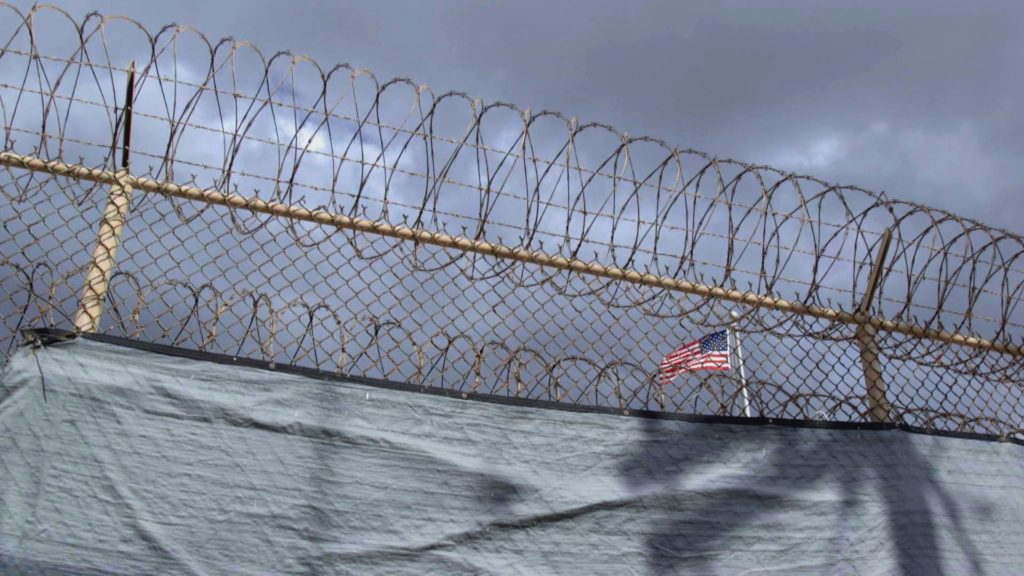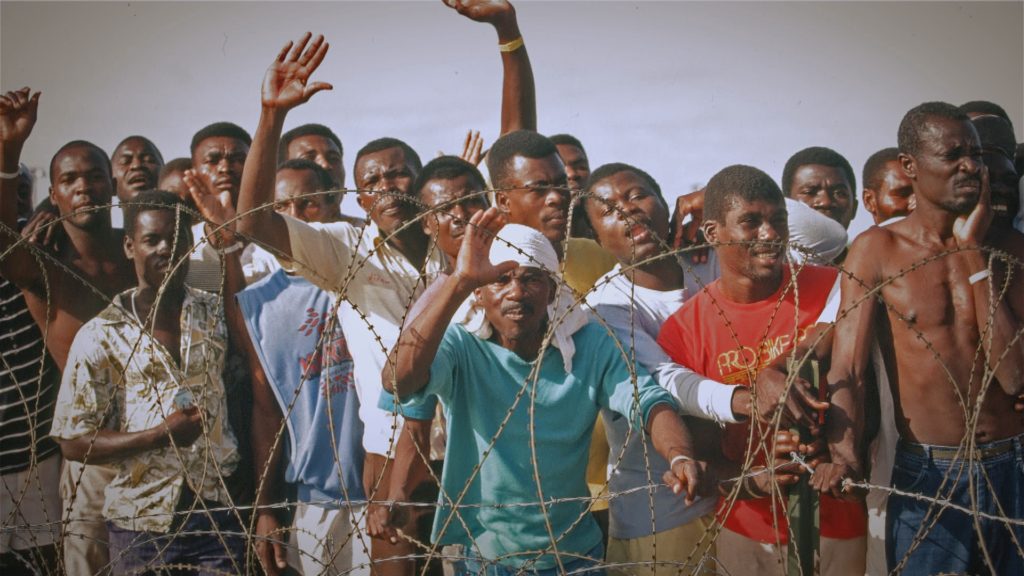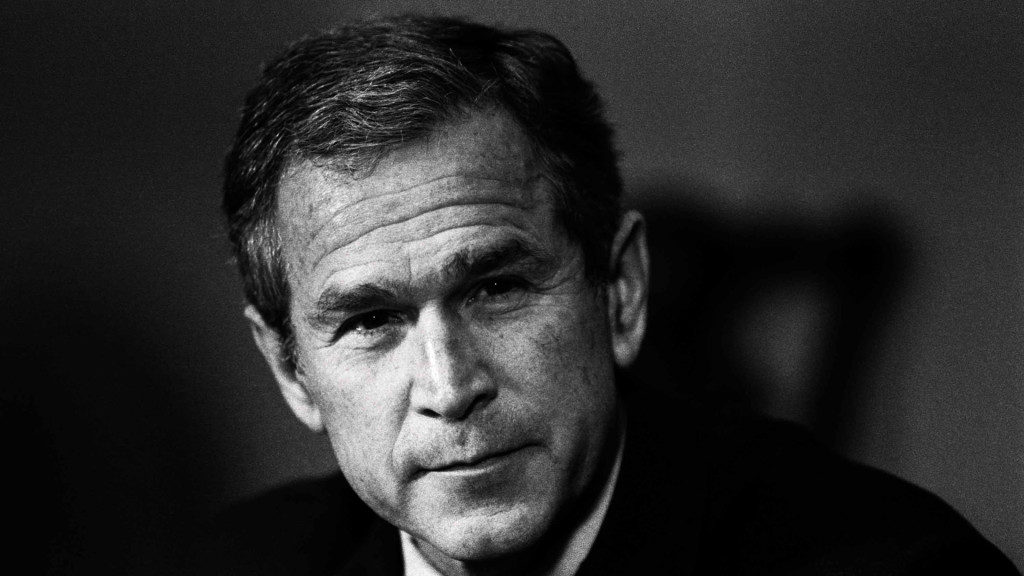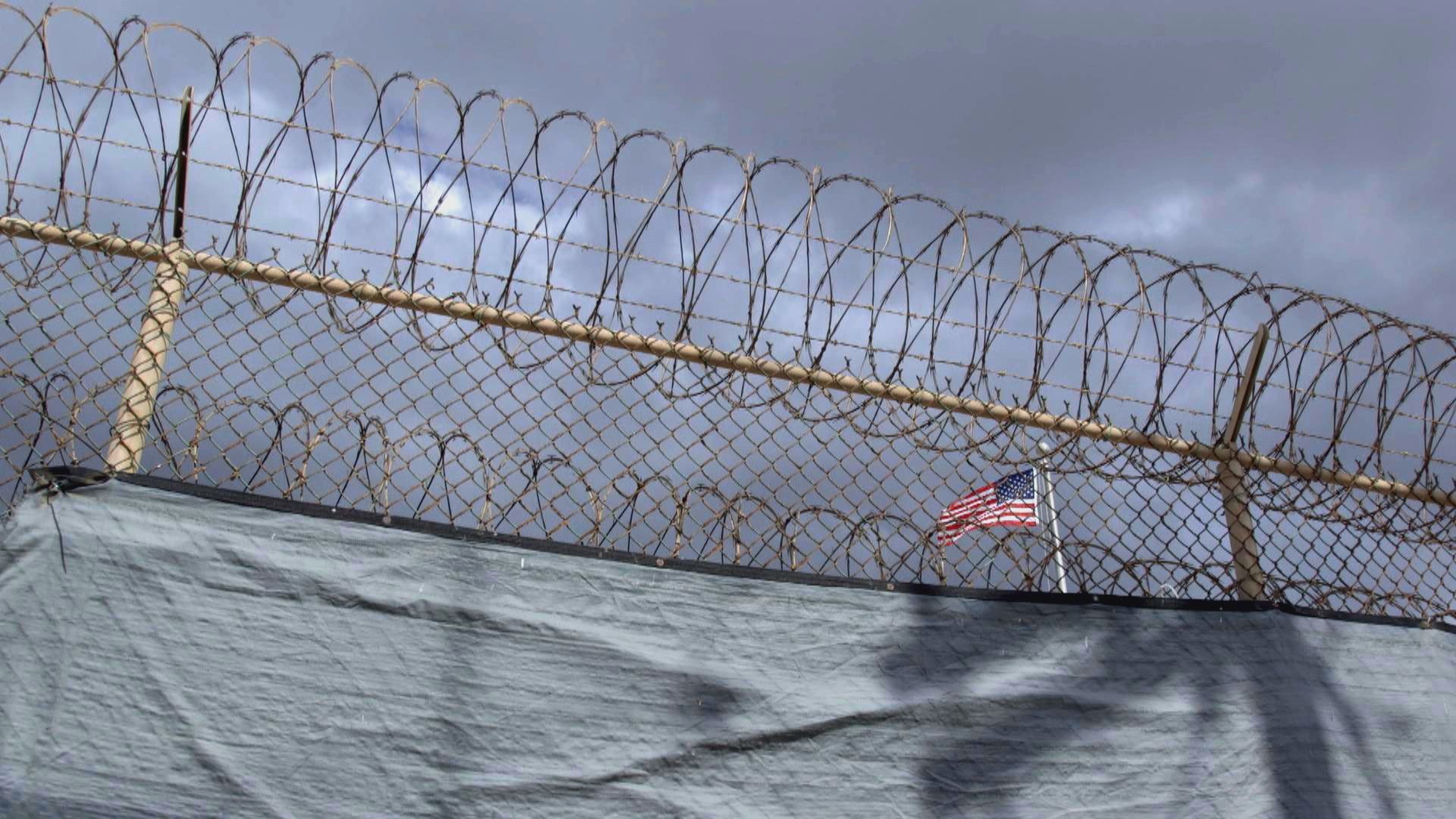WATCH: What Happens to Detainees Once They’re Out of Gitmo?
February 21, 2017
Share
Though he didn’t succeed in closing Gitmo, a symbol of the post-9/11 war on terror, Obama made a final push to clear out the camp before President Donald Trump took over.
Last year, Obama released 52 detainees, nearly half of them men who had been held indefinitely without charges. Once deemed too dangerous to let go, the detainees were cleared for release and scattered around the world in secret deals with foreign governments.
What happens to them once they’re Out of Gitmo?
Tonight, as part of a two-segment hour in collaboration with NPR, WGBH News and Retro Report, correspondent Arun Rath examines the release of these “indefinite detainees.”
Rath, who has been covering Gitmo for years, goes inside the prison itself, follows the trail of one of the last men released by Obama, and sits down with former Secretary of Defense Chuck Hagel, who personally signed off on the release of more than 40 detainees.
“I wanted assurance from my security people that in fact they had seen physically where these people were going to be, who was going to monitor them,” Hagel tells Rath in the above excerpt, discussing the security assessments undertaken before detainees were released. “And on the other side, we say to the host countries that are going to accept them: we want these people to get back into society, where they are productive citizens.”
But as Out of Gitmo, the first part of tonight’s hour, explores, the latter isn’t what’s happened in the case of Mansoor al Dayfi, who was captured in his early twenties in Afghanistan and accused of being an Al Qaeda commander. His final review before being released after 15 years concluded he was at worst a low-level fighter and possibly not a member of Al Qaeda at all. Rath follows the twists and turns of Mansoor’s life after Gitmo, as he carries out a hunger strike in protest of being transferred to Serbia, a non-Arab country, and struggles to put Gitmo behind him.
Then, in collaboration with Retro Report, a second segment, Forever Prison, tells the little-known story of how the military base first came to be used to hold people beyond the reach of U.S. law — a decade before 9/11, when some 70,000 Haitian refugees fled their country seeking asylum in the U.S.
Together, Out of Gitmo and Forever Prison provide essential context for the continuing debate on the future of Guantanamo.
Watch Out of Gitmo and Forever Prison tonight on PBS or online starting at 10 p.m. EST/9 p.m. CST (check local listings). NPR’s All Things Considered will also air a segment previewing Out of Gitmo Feb. 21. See stations and broadcast times at NPR.org/stations.

Related Documentaries
Latest Documentaries
Related Stories
Related Stories
Explore
Policies
Teacher Center
Funding for FRONTLINE is provided through the support of PBS viewers and by the Corporation for Public Broadcasting, with major support from Ford Foundation. Additional funding is provided the Abrams Foundation, Park Foundation, John D. and Catherine T. MacArthur Foundation, Heising-Simons Foundation, and the FRONTLINE Trust, with major support from Jon and Jo Ann Hagler on behalf of the Jon L. Hagler Foundation, and additional support from Koo and Patricia Yuen. FRONTLINE is a registered trademark of WGBH Educational Foundation. Web Site Copyright ©1995-2025 WGBH Educational Foundation. PBS is a 501(c)(3) not-for-profit organization.


























